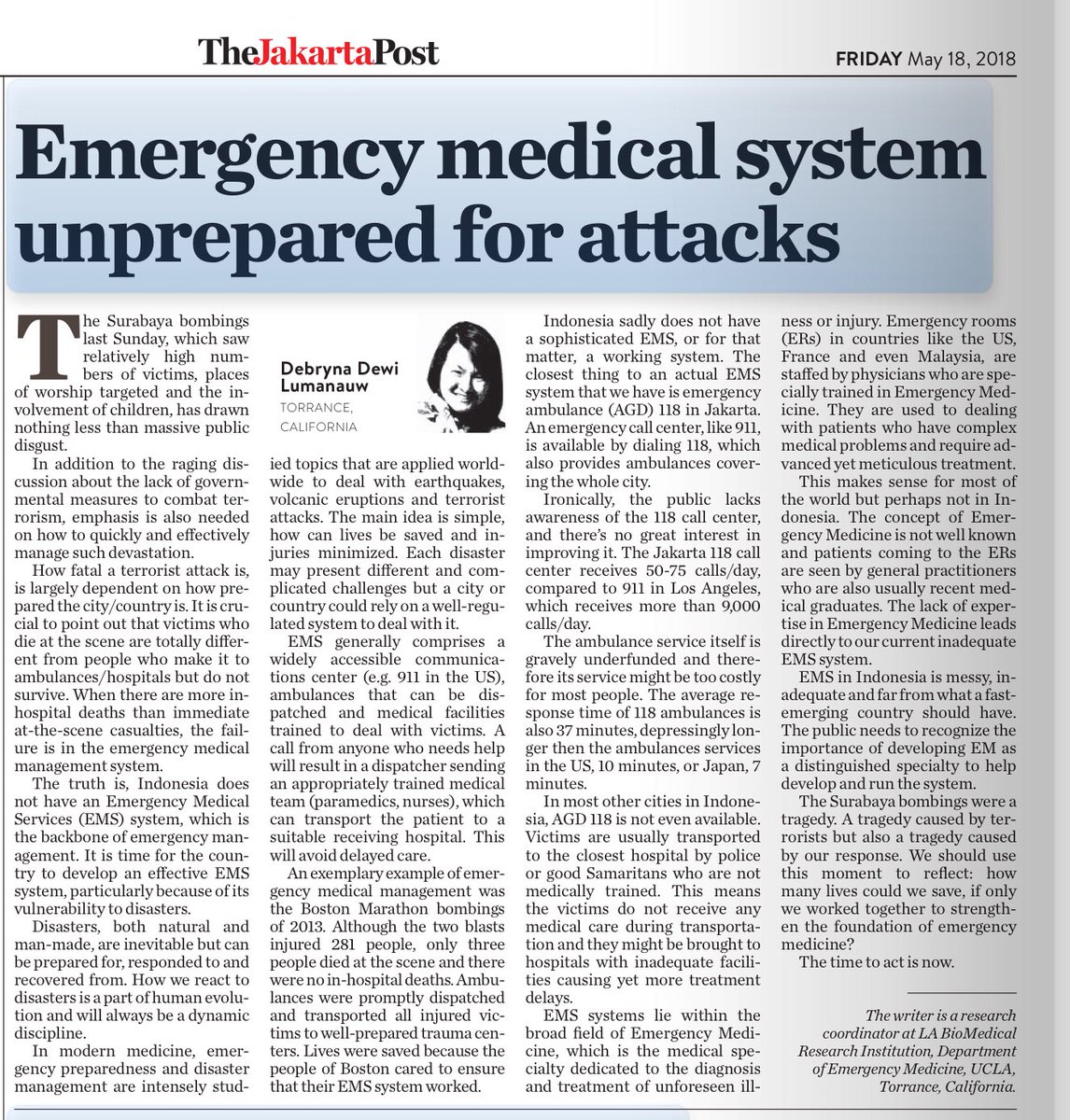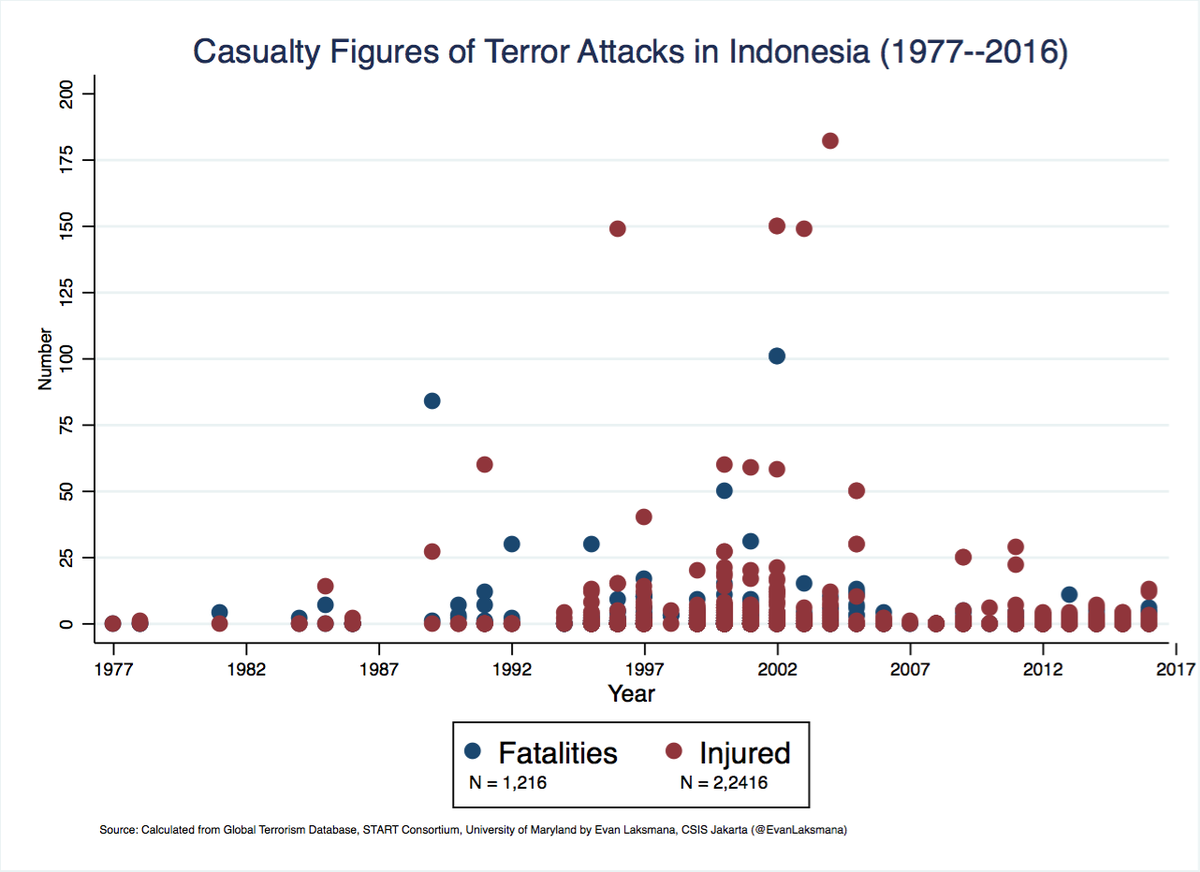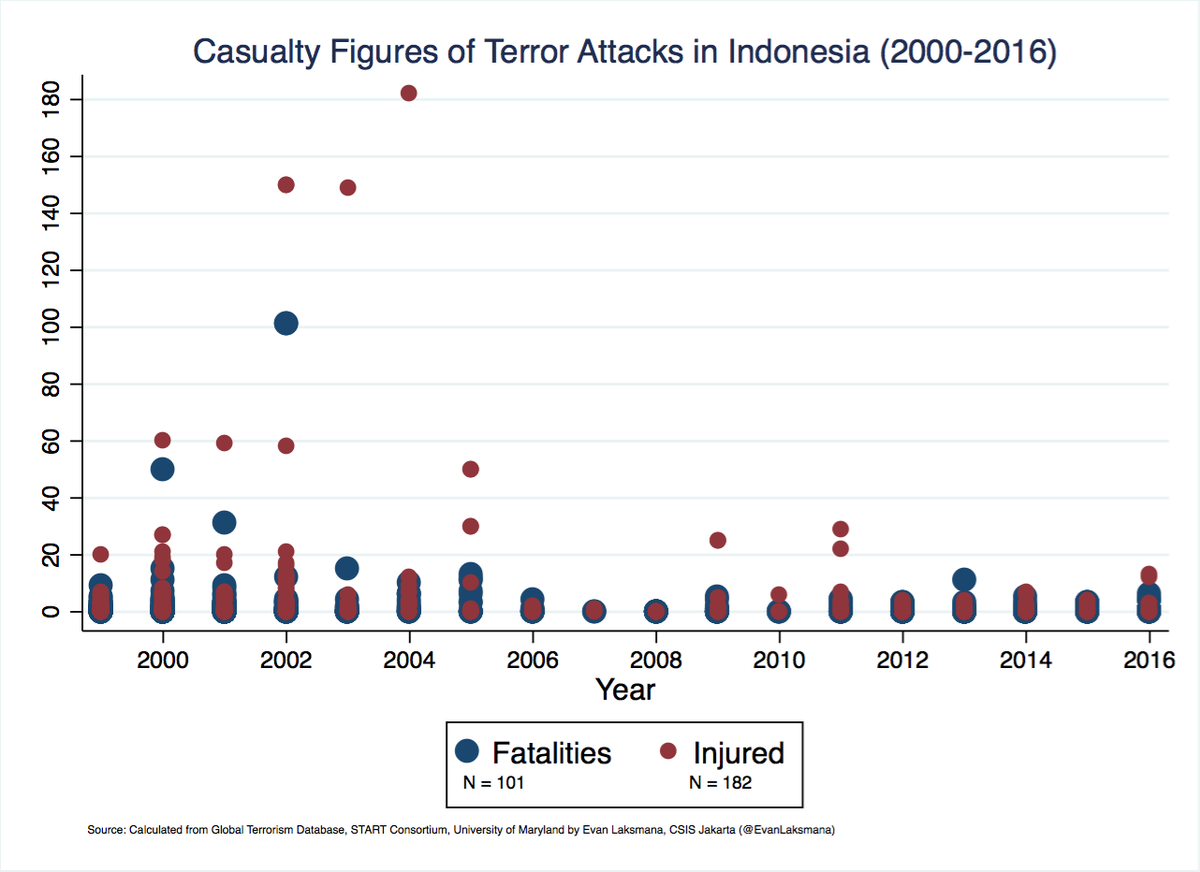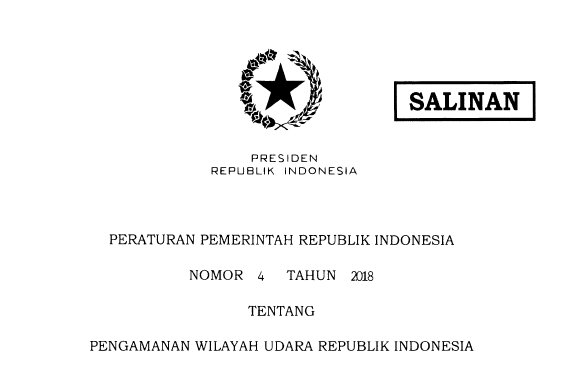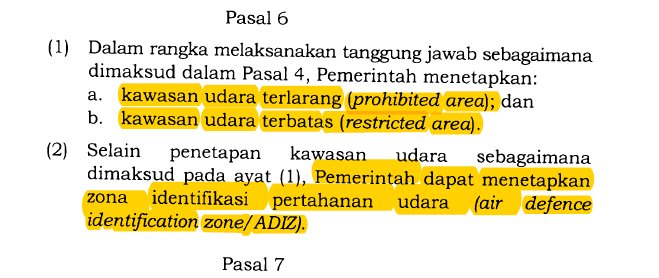- 60 new high-ranking positions (one-star and above)
- Plans to insert officers into civilian ministries
- Extend retirement age of NCOs & enlistees to 58
- New units will be created or upgraded
These are meant to address the growth of “non-job” officers




